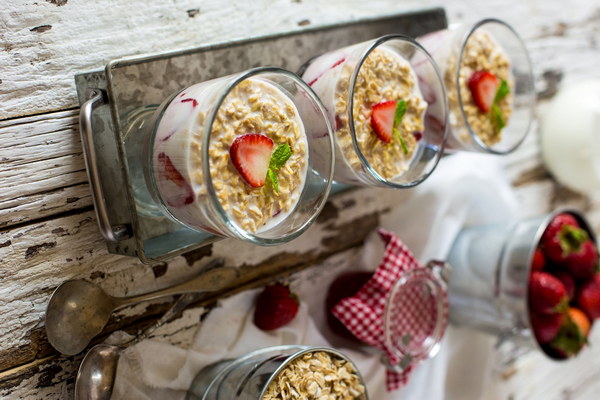How Peanut Nourishes Your Stomach A Guide to Gastric Health with Peanuts
Peanuts, a popular and versatile nut, have been a staple in diets across the globe for centuries. Beyond their delightful taste and nutritional benefits, peanuts are also known for their ability to nurture and protect our stomachs. This article delves into how peanuts can contribute to gastric health and why they deserve a place in your diet if you're looking to maintain a healthy stomach.
1. Rich in Fiber: One of the primary reasons peanuts are beneficial for the stomach is their high fiber content. Fiber is essential for maintaining a healthy digestive system as it adds bulk to stool, which helps in regular bowel movements. This can be particularly beneficial for those suffering from constipation or irritable bowel syndrome (IBS).
2. Promotes Gut Health: Peanuts are a good source of prebiotic fiber, which serves as food for the beneficial bacteria in our gut. These bacteria play a crucial role in digestion, absorption, and overall gut health. By feeding these beneficial bacteria, peanuts can help maintain a balanced gut microbiome, which is essential for a healthy stomach.
3. Inflammation-Reducing Properties: Chronic inflammation is a significant factor in various gastrointestinal disorders, including Crohn's disease, ulcerative colitis, and celiac disease. Peanuts contain anti-inflammatory compounds like phytic acid, phytosterols, and resveratrol, which can help reduce inflammation in the stomach and protect it from damage.
4. Aids in Weight Management: Maintaining a healthy weight is crucial for overall stomach health. Peanuts are high in protein and healthy fats, making them a satisfying and filling snack. Consuming peanuts can help control appetite, leading to better weight management and reducing the risk of obesity-related gastrointestinal issues.
5. Enhances Pancreatic Function: Peanuts contain compounds that can help enhance the function of the pancreas, the organ responsible for producing digestive enzymes. By ensuring the pancreas functions optimally, peanuts can help improve digestion and reduce the risk of stomach-related problems.
6. Rich in Nutrients: Peanuts are packed with essential nutrients such as vitamin E, magnesium, and zinc, which are all beneficial for maintaining a healthy stomach. Vitamin E is an antioxidant that can help protect the stomach lining from oxidative damage, while magnesium and zinc play a role in maintaining gut health and reducing inflammation.

7. Easy to Incorporate: Peanuts are incredibly versatile and can be easily incorporated into a variety of dishes, from salads and stir-fries to smoothies and desserts. This makes it convenient to include them in your diet, ensuring a consistent intake of their stomach-soothing properties.
In conclusion, peanuts are a valuable addition to a diet focused on maintaining a healthy stomach. Their fiber content, gut-friendly properties, inflammation-reducing compounds, and numerous nutrients make them an excellent choice for those looking to nurture their gastrointestinal health. So, the next time you reach for a handful of peanuts, remember that you're not only indulging in a delicious snack but also taking care of your stomach.









